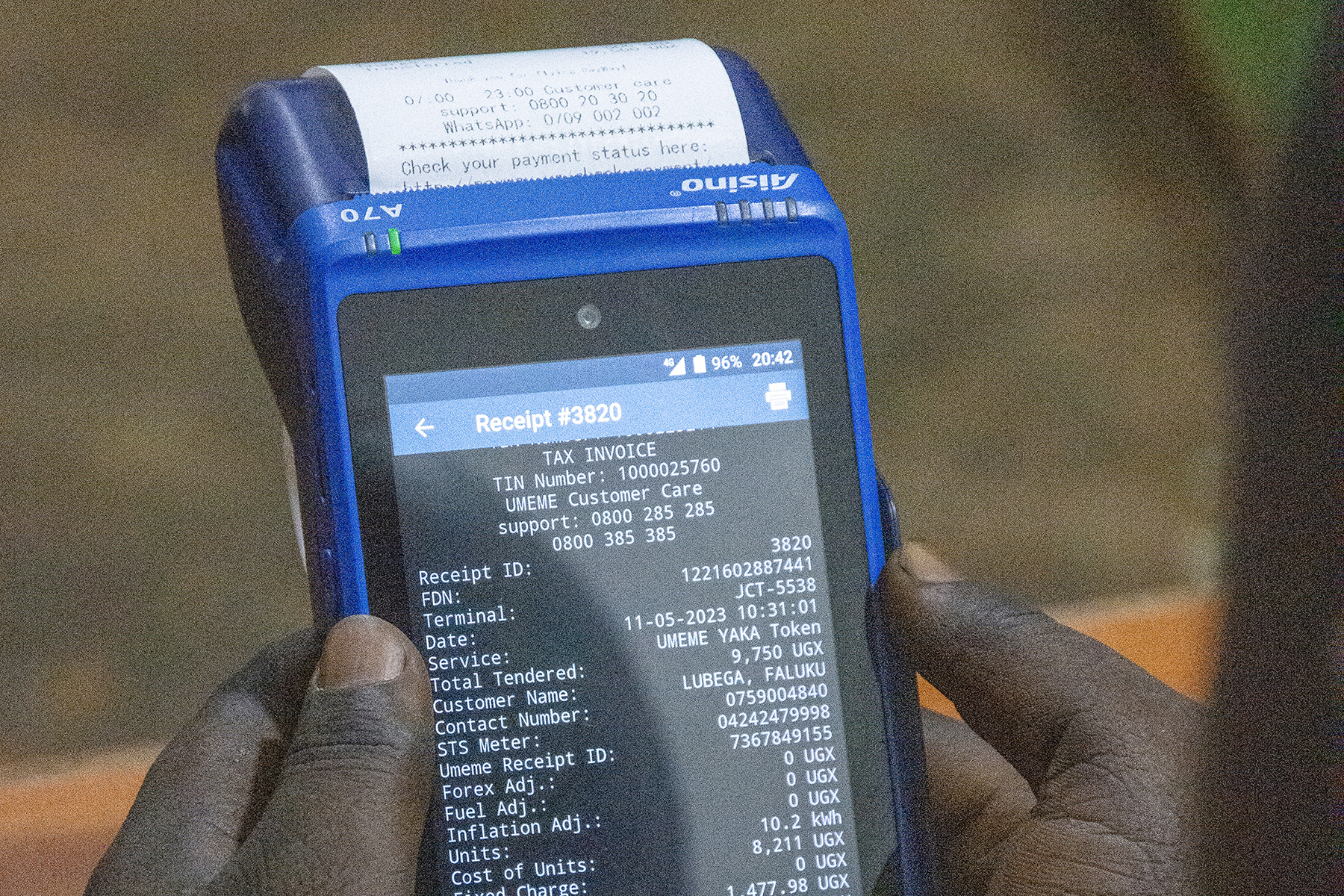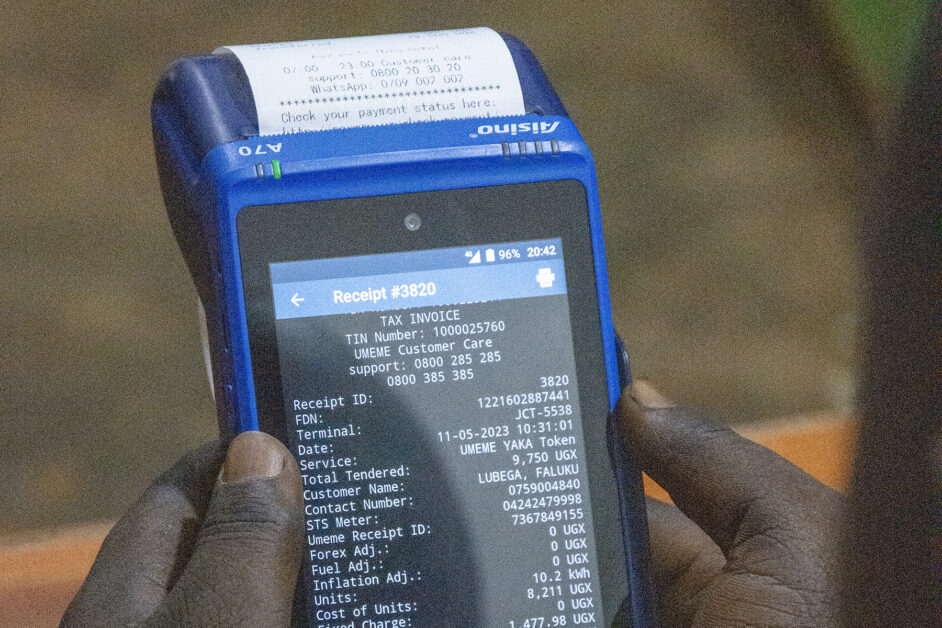URA’s EFRIS Expansion and the Future of Tax Compliance in Uganda

On July 25, the Uganda Gazette carried General Notice No. 2218 of 2025, signaling a shift in the approach to tax compliance and digitization.
The notice indicated that Uganda Revenue Authority (URA) had expanded the list of taxpayers required to use the Electronic Fiscal Receipting and Invoicing System (EFRIS).
This may appear as a routine administrative update.
But it is a watershed moment in Uganda’s long-running struggle to modernise tax administration.
It is also a moment for Uganda to improve revenue mobilization and tighten the link between economic activity and government resources.
From VAT to sector-based mandates
Previously, only VAT-registered taxpayers were required to use EFRIS.
But, URA noted, this restricted the use of EFRIS to businesses dealing in zero-rated goods and services with annual turnovers exceeding UGX150 million.
The expansion, thus, changes the landscape dramatically.
Businesses dealing in wholesale and retail fuel, mining and quarrying, manufacturing and utilities, have to use EFRIS, whether or not registered for VAT.
Others include construction, transportation, accommodation and food services, ICT, real estate, professional services, and arts and entertainment.
The shift signals URA’s recognition that certain sectors are particularly prone to revenue leakage and underreporting.
Thus, by focusing on industries where cash transactions dominate or where high-value commodities are involved, URA seeks to close longstanding compliance gaps.
Compliance mechanisms and financial implications
The mechanics of this mandate are strict. The URA notice states that “any business engaged in any of the above-mentioned sectors is required to issue e-invoices or e-receipts for all business transactions.
This must be done through fiscal devices authenticated by URA and linked to the URA centralized system.”
Failure to comply carries a penal tax double the tax due on the goods or services to which the transaction relates.
The notice also notes that only VAT-registered businesses with e-invoices – purchasing from the listed sectors – shall be allowed to input credit on such expenses.
This creates a two-way accountability system: suppliers must report accurately, and buyers must ensure that their vendors are compliant.
In practice, this links compliance to everyday business operations, creating both incentives and obligations across entire supply chains.
Challenges ahead
While the rationale is clear, operational challenges are significant.
Many SMEs in the affected sectors lack the technological infrastructure to integrate EFRIS immediately.
The system requires fiscal devices, internet connectivity, and staff trained to operate it.
As URA emphasizes, the requirement is immediate, and “businesses in the affected sectors … should immediately adopt EFRIS”.
Thus, without careful planning, there is a risk of confusion or inadvertent penalties, particularly among smaller operators.
URA’s approach mirrors experiences from other countries like Kenya, where phased rollouts and taxpayer education have been critical.
Economic and strategic implications
Beyond compliance, EFRIS expansion reflects a strategic approach to fiscal governance.
Real-time digital invoicing allows URA to map sectoral activity, monitor market dynamics, and identify anomalies that may indicate fraud or misreporting.
Over time, this can inform more nuanced sector-specific policies, reduce enforcement costs, and improve macroeconomic data quality.
For businesses, the mandate also has operational benefits.
Digital invoicing systems improve record-keeping, streamline accounting, and facilitate audit preparation.
Firms that embrace EFRIS early may gain operational efficiencies and better access to finance.
Transparent records are increasingly underpinning lending decisions and supplier contracts.
However, there may be short-term pressures.
SMEs and high-cash-volume operations could face liquidity strains as they invest in devices, training, and process reengineering.
Larger firms, with established IT infrastructure, may adapt more easily, potentially reinforcing structural advantages.
A broader digitization trajectory
EFRIS is part of Uganda’s broader push toward digital tax administration.
It complements initiatives like e-Tax, online filing, and digital withholding tax systems.
By moving from paper-based to real-time digital systems, Uganda aligns with global trends.
Across the globe, tax authorities are leveraging technology to enhance transparency, reduce administrative costs, and broaden the tax base.
The sector-specific approach demonstrates a pragmatic understanding of compliance risk.
As the URA notice notes, “Dealing in the sector alone triggers the mandatory use of EFRIS.”
This targeted enforcement seeks to maximize revenue mobilization efficiency while focusing on sectors where compliance gaps are most costly.
URA’s expansion of EFRIS is a structural intervention in Uganda’s economy.
It reflects a commitment to modernizing tax administration, curbing revenue leakage, and embedding digital compliance as the norm.
For businesses, the mandate is both a compliance imperative and an operational opportunity.
Those that adapt quickly are more likely to benefit from more robust record-keeping, streamlined accounting, and stronger integration with digital supply chains.
Share this content:

 Trevor Ariho appointed to Chair Internal Planning Committee for 6th Presidential CEO Retreat
Trevor Ariho appointed to Chair Internal Planning Committee for 6th Presidential CEO Retreat






Post Comment